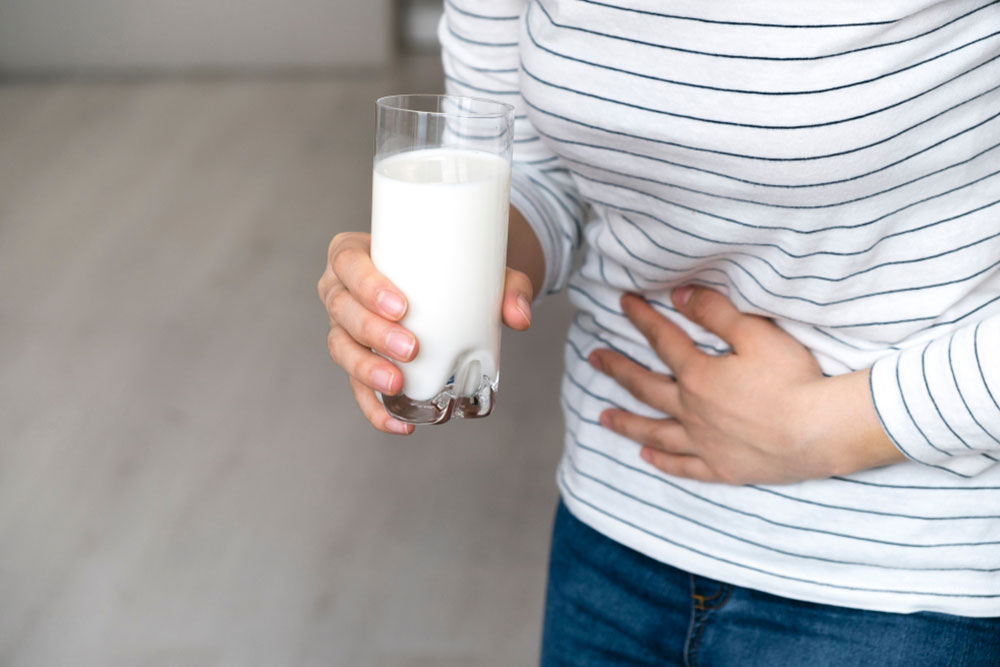Comprehensive Dietary Approaches to Alleviate Constipation and Promote Digestive Wellness
Discover effective dietary strategies to relieve constipation and promote healthy digestion. This comprehensive guide covers fiber-rich foods, hydration tips, and lifestyle changes to improve bowel movements naturally. Incorporate fruits, vegetables, whole grains, and seeds into your diet for lasting digestive health benefits. Learn how warm liquids and proper hydration can aid digestion, and explore lifestyle tips for preventing constipation. A holistic approach to diet and activity can significantly enhance your overall well-being and comfort. Perfect for those seeking natural solutions for digestive issues.

Comprehensive Dietary Approaches to Alleviate Constipation and Promote Digestive Wellness
Constipation is a widespread digestive issue characterized primarily by infrequent, hard, or difficult bowel movements. For many individuals, this condition can lead to discomfort, bloating, and a significant decline in overall well-being. While occasional constipation is common, persistent issues require attention and dietary adjustments to restore normal bowel function. Implementing effective nutritional strategies can make a substantial difference in alleviating symptoms and fostering long-term digestive health.
Understanding the root causes—such as inadequate fiber intake, dehydration, or lifestyle factors—is essential for effective management. A diet that emphasizes fiber-rich foods, ample hydration, and natural laxatives can promote smoother bowel movements, reduce discomfort, and enhance the body's ability to eliminate waste efficiently.
Understanding Constipation and Its Causes
Constipation typically occurs when the colon absorbs too much water from waste material, making stool hard and difficult to pass. Common causes include low fiber consumption, insufficient fluid intake, sedentary lifestyle, stress, and certain medications. Recognizing these factors enables tailored dietary interventions to combat constipation effectively.
Dietary Strategies to Relieve Constipation
The foundation of managing and preventing constipation hinges on diet. Incorporating specific foods that are high in fiber and nutrients can significantly improve bowel regularity. Below are key food categories that promote digestive health:
Fruits - Fruits such as kiwis, strawberries, blueberries, pineapples, apricots, papayas, figs, peaches, plums, grapes, and pears are excellent sources of dietary fiber. Their natural sugars and water content also aid in softening stool and stimulating bowel movements. For optimal benefits, consume these fruits regularly as part of your daily diet.
Incorporate Fiber-Rich Seeds
Flax seeds are among the most potent natural remedies for constipation. These tiny seeds are packed with dietary fiber, omega-3 fatty acids, and antioxidants, which work synergistically to regulate bowel movements. Ground flax seeds can be added to smoothies, cereals, salads, or baked goods to enhance fiber intake and promote intestinal health.
Vegetables - Vegetables such as broccoli, carrots, Brussels sprouts, zucchini, spinach, and kale are rich in fiber and vital nutrients. Regular consumption supports not only digestion but also provides essential vitamins, minerals, and antioxidants that boost overall health. Including a variety of vegetables in your meals ensures a balanced approach to digestion and wellness.
Whole Grains for Better Digestion
Switching from refined grains to whole grains—like brown rice, oatmeal, barley, and whole wheat bread—is crucial for increasing fiber intake. The primary component, arabinoxylan, facilitates stool formation and eases bowel movements. Whole grains also help control weight and stabilize blood sugar levels, offering additional health benefits beyond digestion.
Nuts, Seeds, and Legumes - Almonds, walnuts, pecans, pumpkin seeds, and sesame seeds are nutrient-dense and high in fiber. Legumes such as lentils, chickpeas, and beans are also excellent options. While these foods are beneficial, portion control is essential due to their high-calorie content. They can be included in salads, snacks, and main dishes to boost fiber and nutrient intake.
Enhance Digestion with Warm Liquids
Consuming warm beverages like herbal teas, green tea, hot water with lemon, and clear broths can stimulate digestion. These liquids help soften stool and facilitate easier passage. Herbal teas with natural laxative properties, especially those containing anise, fennel, or ginger, can provide additional relief from constipation.
The Importance of Hydration
Proper water intake is crucial for maintaining healthy bowel movements. Water helps dissolve nutrients, lubricate the digestive tract, and soften stool. Adults should aim for at least 8 glasses of water daily, but individual needs may vary based on activity level, climate, and health conditions. Consistent hydration supports overall digestive efficiency and prevents stool from becoming hard and difficult to pass.
Additional Lifestyle Tips
Alongside diet, maintaining an active lifestyle and managing stress are vital for preventing constipation. Regular physical activity stimulates intestinal contractions and promotes normal bowel movements. Avoiding excessive use of laxatives and managing medications that might cause constipation are also important considerations.
Conclusion: Embrace a Holistic Approach
Addressing constipation effectively requires a comprehensive approach that combines dietary modifications, hydration, physical activity, and stress management. By focusing on fiber-rich foods, drinking adequate fluids, and leading an active lifestyle, you can significantly improve your digestive health, reduce discomfort, and enhance overall well-being. Remember, consistency and patience are key to seeing long-term benefits from these dietary strategies. Always consult healthcare professionals if constipation persists or worsens, as it might indicate underlying health issues requiring medical attention.
Implementing these dietary strategies can lead to a happier, healthier digestive system. Prioritize your health today by making informed dietary choices and adopting a lifestyle conducive to optimal digestion and well-being.





